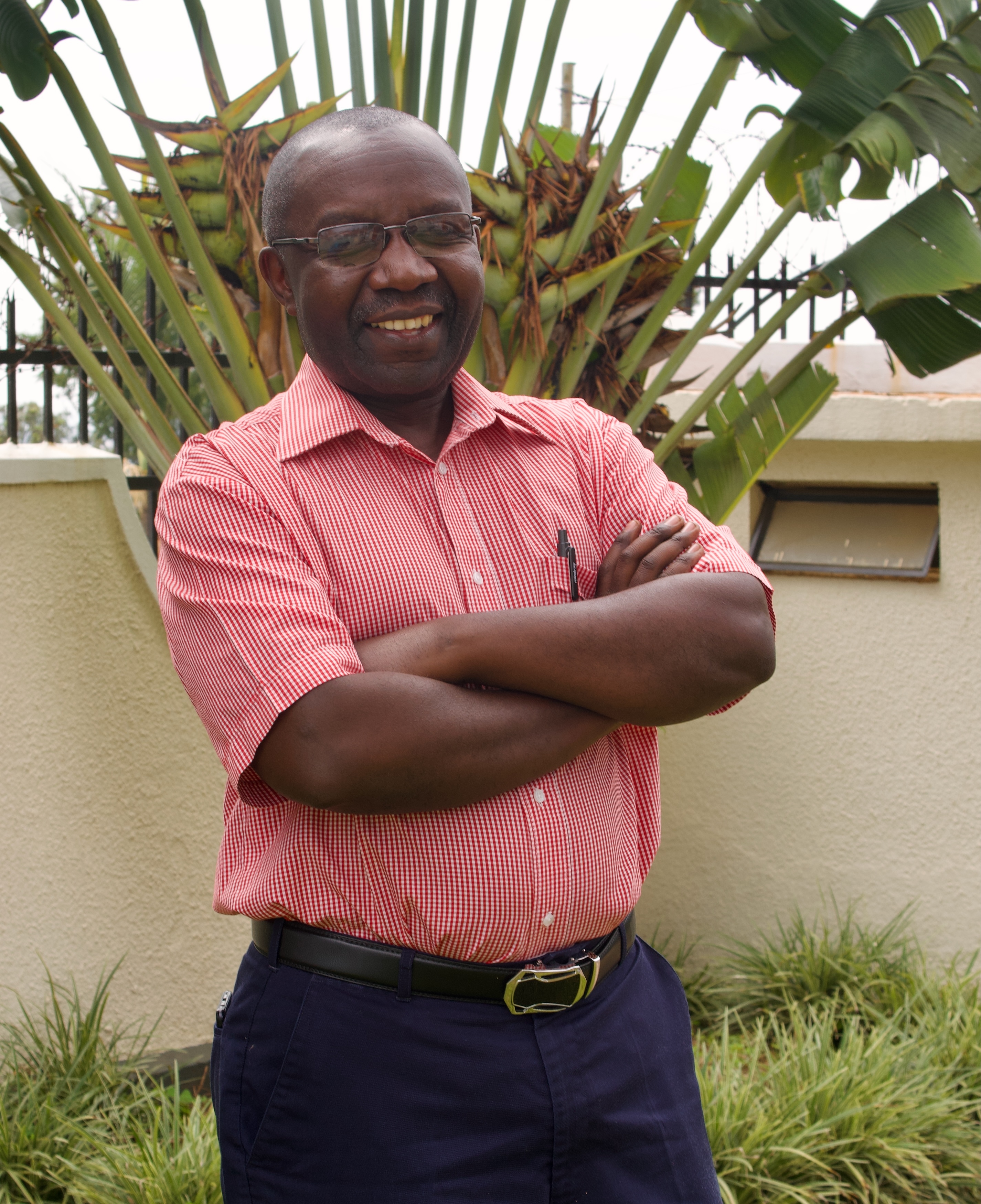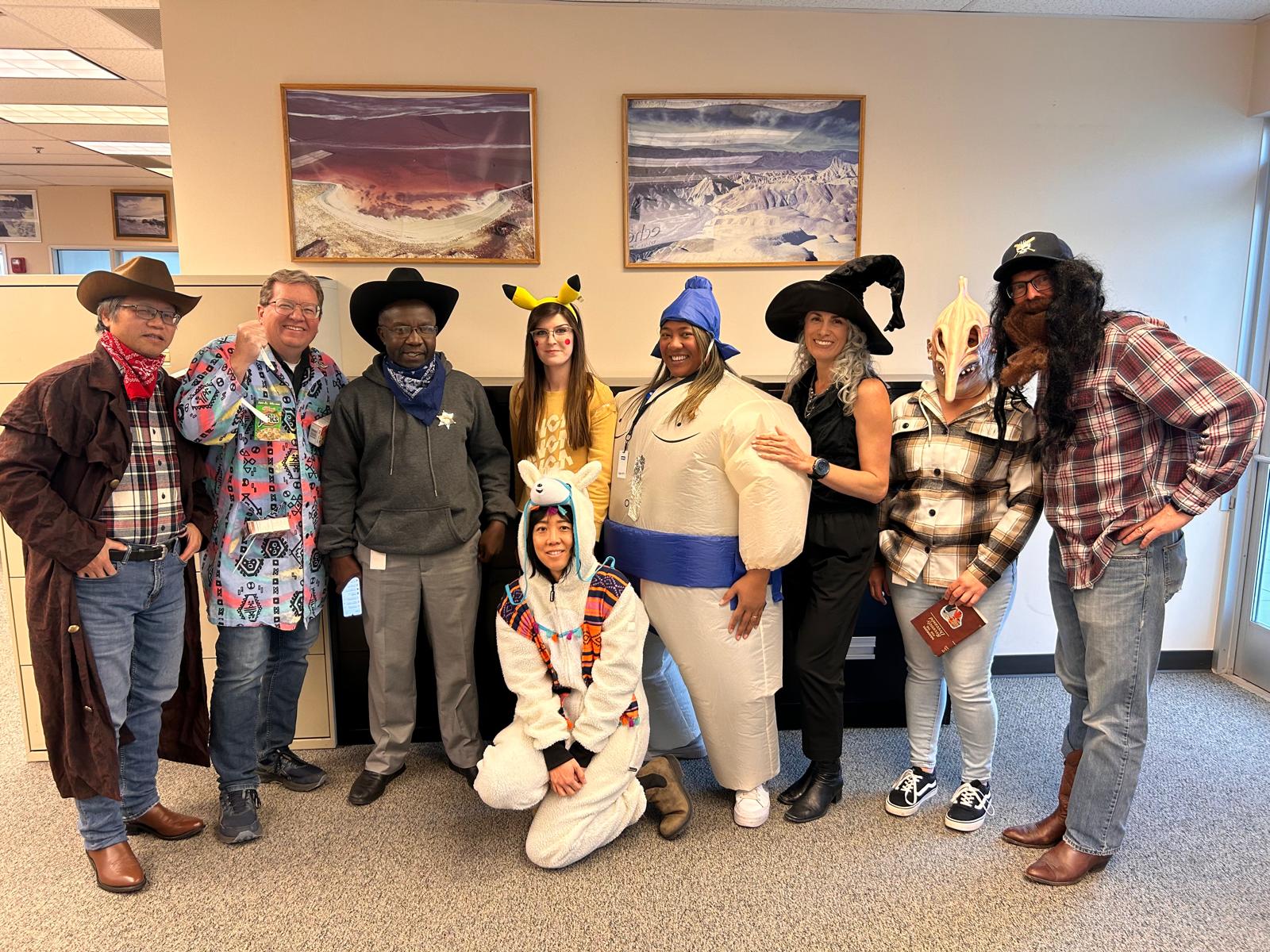Spotlight on… Yona Mbalibulha
 As told to URBAN ARCH Admin Core staff, November 2024
As told to URBAN ARCH Admin Core staff, November 2024
Tell us about what led you to work in the research field, and what led you to work as the laboratory manager for TALC, TRAC, and other studies.
My interest in life science started way back during my time in secondary school, where I excelled in biology, chemistry, and physics. I was made the laboratory student coordinator in my high school, which brought me closer to practical science and increased my interest in science – wanting to understand what happens beyond what is seen, and understanding the unknown.
When I began my certificate in Medical Laboratory Science, I was exposed to the full range of practical diagnostic laboratory science. This reinforced and solidified my intense interest in medical science and sample analysis. During my undergraduate studies, I had the opportunity to study a number of subjects in medical laboratory science which were both enjoyable and enlightening, providing me with a new perspective in the world of molecular biology as a new diagnostic tool and researching on what I could not understand.
Obtaining my master’s degree provided me with practical research skill techniques and knowledge to handle any research protocol. Being appointed the head of MUST Research Laboratory gave me the opportunity to interact with several principal investigators of laboratory-based research projects and to help draft laboratory protocols for these projects. It is in this university and its laboratory that I believe I have been able to make the greatest contribution, utilizing my theoretical and practical background coupled with creativity as a Medical Laboratory Scientist to serve on many research studies, not forgetting the cordial relationships I have enjoyed with the principal investigators.
What are the most challenging and most rewarding aspects of your job?
Having to prepare samples to meet required standards and make sure they accurately depict the participant’s condition is the most challenging aspect of the job, and calls for vigilance, long hours, and extra commitment.
Consistency, hard work and commitment to quality are the most rewarding aspect of my work. It requires one to engage this aspect to be able to achieve the best of results which is the big interest of the principal investigators. One need to be consistent with what is required in the right way in order to achieve the required outcome as a reward of the work.
You’ve been able to complete some additional training recently in the US. Can you tell us a little more about that?
It was exciting to train on the PEth ELISA Testing protocol developed by the Echelon Biosciences team in Salt Lake City, Utah. I had the chance to get firsthand knowledge from the developers of the assay and hence the privilege of trying out modifications to the protocol to suit it to the environment of the MUST laboratory in Mbarara. This was a three-week training that took me through testing the modified developed samples as standards, and real samples from participants. We came up with a modified protocol that can be adopted to simple equipment locally available, but still with similar accuracy and validity. The laboratory experience obtained in a fully equipped standard bioscience laboratory was so amazing, combining it with the experience of a medical science laboratory.
I socially had the best of time in Utah, with many new experiences like visiting the snow-covered areas, making my first snowman, visiting the Winter Olympic Museum in Park City, trying several American foods, and experiencing special days like the Halloween holiday. The team in the laboratory was so friendly, and willing to offer an explanation to any question and new life experience.

What excites you about the field of laboratory science?
The most exciting aspect in laboratory science is when you go through a study test protocol or assay and the findings are able to be used to help in changing or drafting an intervention that will help in providing knowledge in the science world and at the same time helping to save lives.
Tell us one thing about yourself that readers might find surprising.
Most of the times I emphasize and romanticize normal situations. I don’t get the whole concept of boredom. Instead of spending a day at home on my own, I simply go out and explore what’s happening around me. I like talking, I like listening, I like learning, I like traveling, I like making new friends and I like dancing, I like singing. Ups and downs are both necessary to grow up as a person.
Any other comments?
Much appreciation to the PERC PI, Professor Judy Hahn; Project Director, Nneka Emenyonu; and the local PI, Dr. Winnie Muyindike for making it possible for me to serve in these research projects and for their support in making the training at Echelon Biosciences possible. I cannot take for granted their trust in me for the supervision of the laboratory work in most of their studies.